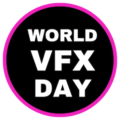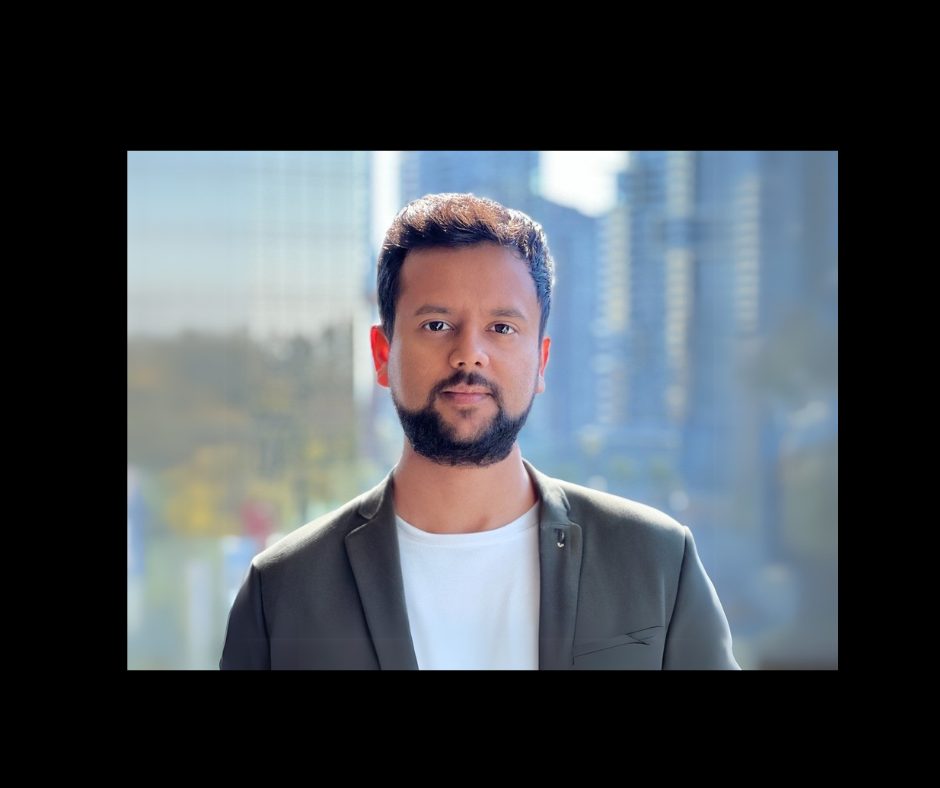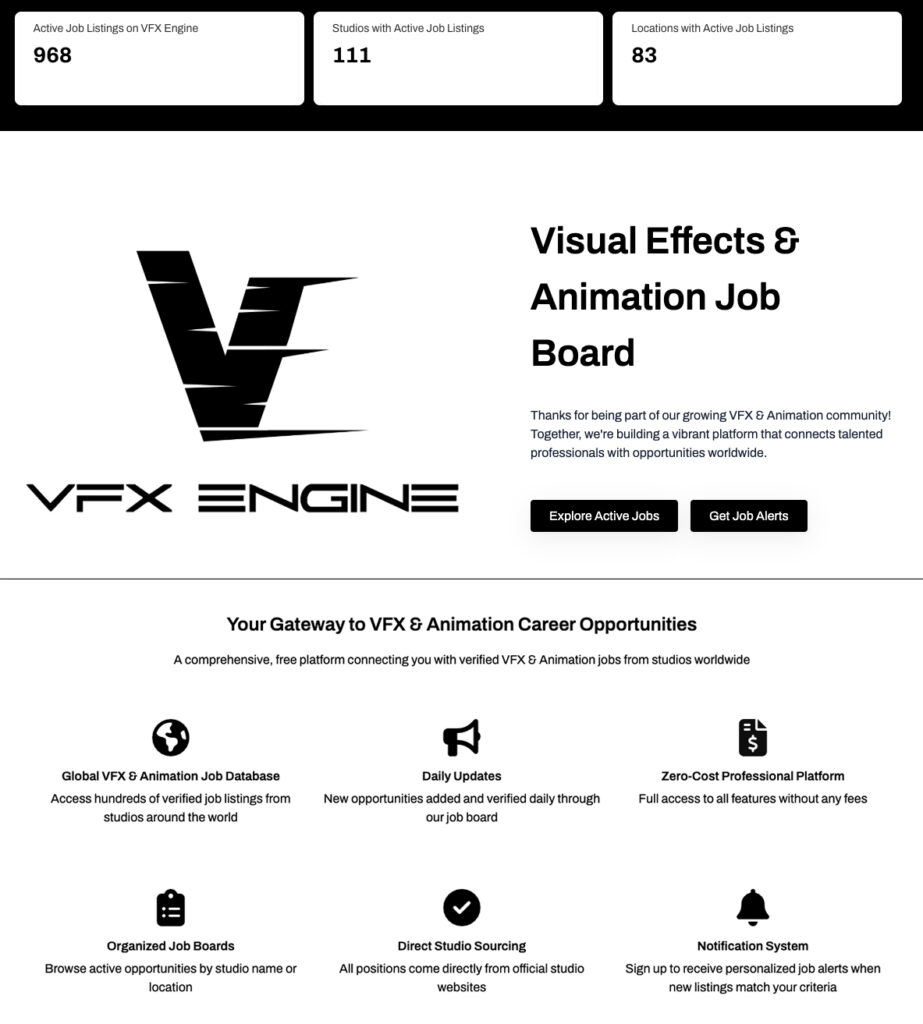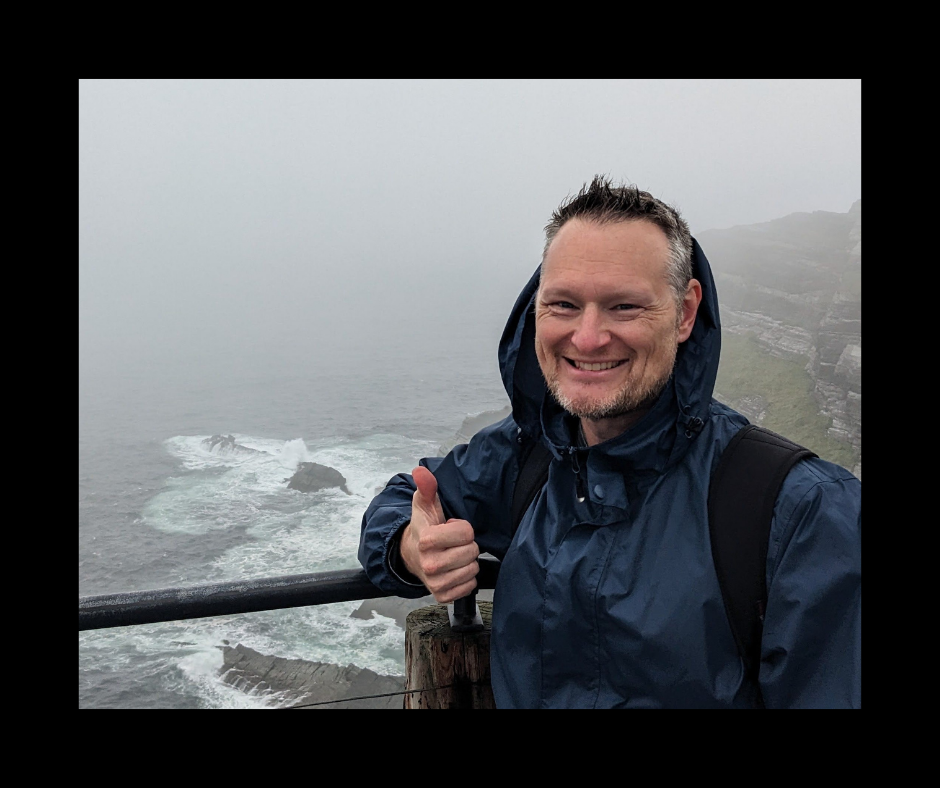Priyank Murarka
Priyank has worked in visual effects since 2011, including several years as compositor across multiple studios in Canada. He then moved into the production side of VFX working for the likes of MARZ, Method Studios and DNEG, before dedicating the last year or so as a VFX instructor and mentor.
Now, Priyank is on a mission to help our VFX community find their next career opportunities through his new venture, VFX Engine.
Tell us a bit about yourself, how did you get into this industry and what inspired you?
I’ve always been fascinated by the blend of creativity and technology, and visual effects felt like the perfect intersection. I started out as a compositor and gradually moved into production management before discovering my true passion—education and mentorship. That led me to my current role as the Director of Visual Effects Programs at the Centre for Entertainment Arts and as the founder of VFX Engine. What inspires me every day is helping upcoming artists find their path in this dynamic industry.
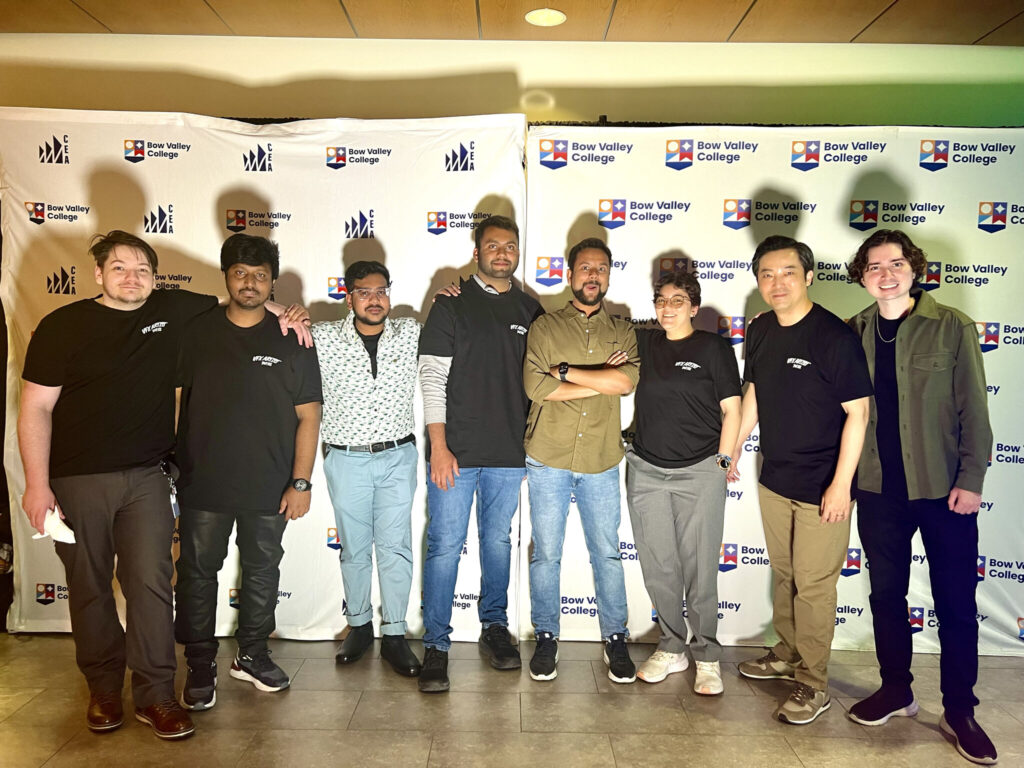
What are some of the studios/companies and projects you’ve worked on over the last few years, and what’s been a highlight for you?
I’ve had the privilege of working with studios like DNEG, Sony Pictures Imageworks, Method Studios, and many others. Some of the highlight projects I’ve contributed to include Dune: Part Two, Avengers: Infinity War, Black Panther, and Stranger Things Season 4.
It was especially exciting to see Dune: Part Two win the Academy Award for Best Visual Effects this year. Being part of the team at DNEG that contributed to such a visually stunning and narratively powerful film made the experience truly meaningful. It’s a reminder of the impact our work can have when storytelling and innovation come together.
You’ve launched a wonderful initiative to share industry job vacancies via your website, VFX Engine. Talk us through your idea and why you started it…
VFX Engine started as a passion project to help emerging artists navigate the often overwhelming world of job hunting in the VFX and animation industry. The job board was built to provide real-time, verified job listings through daily updates directly from studio websites. We’ve organized it by region and added active alerts to ensure artists stay informed when new opportunities arise.
The platform is completely free to use – our mission is to make career resources accessible to everyone. One of our most impactful features is our detailed analytics, which show trends in hiring – such as which departments or regions are in demand – helping artists make data-driven decisions about their career paths.
We’re also currently working on adding more resources to the platform, including portfolio tips, mentorship opportunities, and educational content to help talent grow beyond just job applications.
How do you keep the information updated and do you work alone or with a team?
Right now, it’s a small but passionate operation—it’s just me and my niece, who’s currently studying film production. Together, we’re keeping the platform running smoothly. We’ve built a set of custom tools that help us stay on top of updates and make sure job listings are accurate and current.
It’s been a rewarding experience to collaborate across generations, and it keeps us both connected to the pulse of the industry. As the platform grows, we’re always open to partnering with others who share the same values and vision for supporting talent in VFX and animation.
Do you cover all countries and disciplines?
We cover job listings from VFX and Animation Studios across the globe, covering a wide range of countries, regions, and disciplines. As the platform continues to grow, we’re actively expanding our reach to include even more studios and opportunities. Our mission is to build an inclusive, accessible resource that supports artists at every stage of their journey—no matter where they are in the world.
Have you seen any interesting data from what you’ve collected so far?
Yes, there are definitely some patterns emerging. One of the most noticeable trends is that a significant portion of current job openings are in software and pipeline development roles. While creative positions remain in demand, the growing need for technical talent suggests that studios may be evolving their workflows to keep up with the industry’s changing needs.
This data can be incredibly valuable for emerging artists, especially those considering where to focus their learning or how to position themselves in the job market. It’s a reminder that the industry is always shifting, and staying adaptable is one of the most important things you can do for your career.
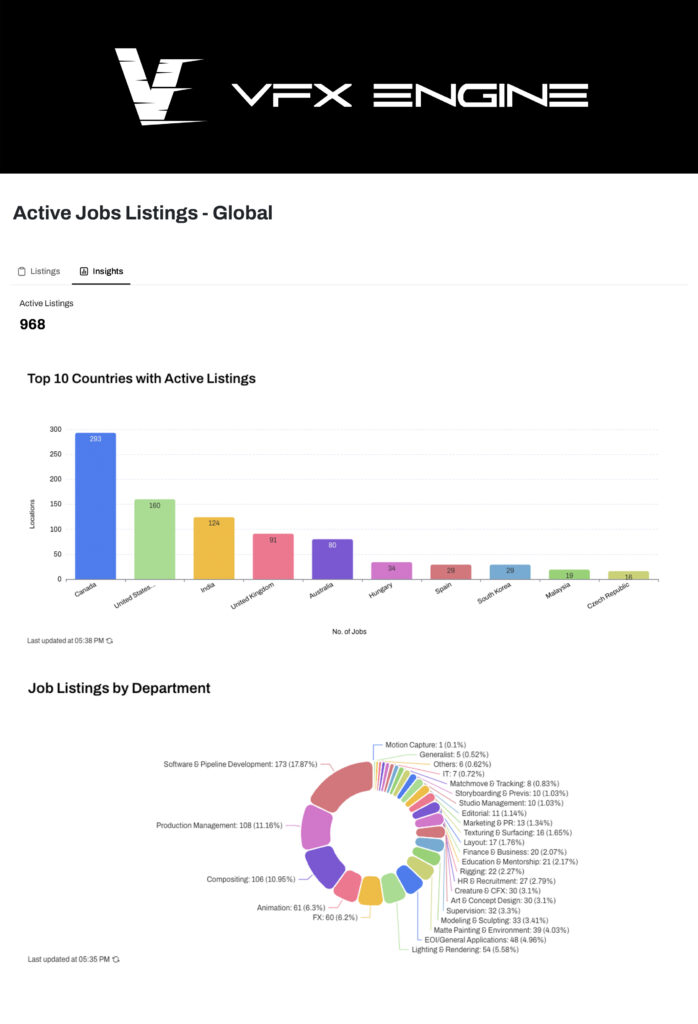
What are your hopes for the future of our industry?
I hope we see more sustainable practices—better working conditions, stronger mentorship, and more recognition for the people behind the pixels. I also want to see education and industry work more closely together, creating a healthier, more inclusive talent pipeline.
What other positive industry initiatives have you seen out there so far that aims to help people, even a little?
The visual effects industry is filled with passionate individuals and organizations who are lifting others up, creating space for growth, connection, and storytelling. One that truly stands out is The VFX Mentor, co-founded by Alyssa Zarate. Through mentorship programs and heartfelt initiatives, Alyssa is helping artists—especially those from underrepresented communities—find their voice, build confidence, and share their stories with the world.
Another incredible initiative is World VFX Day, founded by Hayley Miller. It has become a global platform that not only celebrates the artistry and innovation of the VFX community, but also brings us together. Through meaningful talks, panels, and showcases, World VFX Day shines a light on the people behind the pixels—fostering unity, appreciation, and inspiration across the industry.
At VFX Engine, we carry that same spirit of community at our core. We’re committed to empowering artists through collaboration, mentorship, and access to opportunity. We’re always on the lookout for partners who share our vision—those who believe in lifting others, sharing knowledge, and helping the next generation of talent thrive. Because together, we can build a stronger, more inclusive industry—one story, one connection at a time.
Do you have any advice or words for anyone feeling deflated by the state of the industry right now?
Don’t give up. The industry is changing, not disappearing. Focus on upskilling, building your network, and seeking out communities that support you. And remember: your voice and vision matter. If things feel stagnant, create your own opportunity—even a personal project can be your next big break.
Who is your ‘VFX Hero’ or heroes?
My heroes are the mentors who saw something in me before I saw it in myself. People like my first VFX instructor who encouraged me to dig deeper into compositing, and the senior artists who offered guidance and shared their knowledge along the way.
When I transitioned from being an artist to working in production management, I was lucky to have the support of people who believed in me and helped me navigate that shift—those moments of encouragement made a huge difference.
Today, I’m deeply inspired by students and junior artists—their fresh ideas, curiosity, and relentless drive to push forward despite the challenges. Their passion is a constant reminder of why I love being in this industry and why mentorship matters so much.
